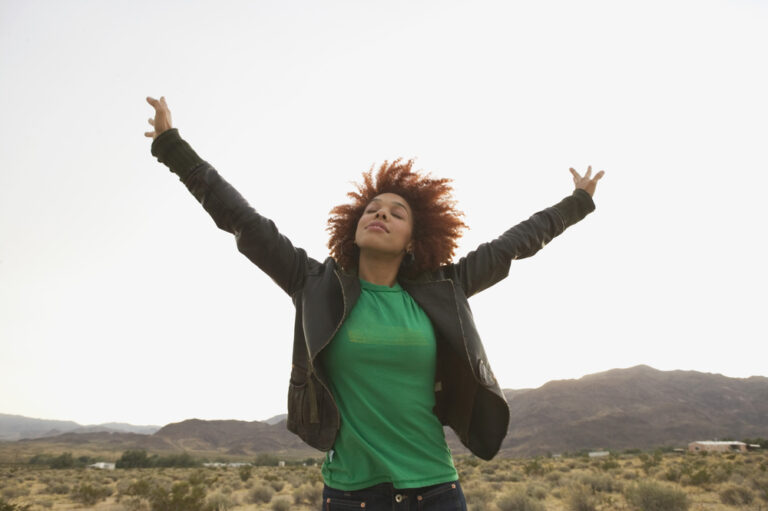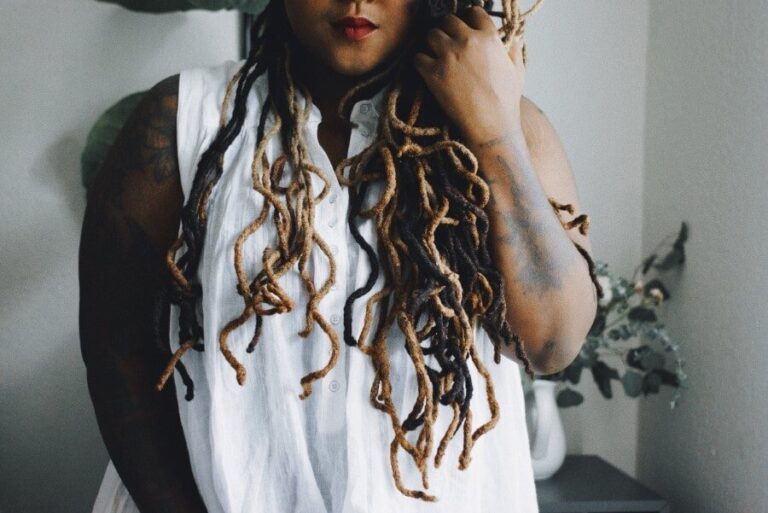This week, I’ve been staring at blinking cursors on blank spaces a lot more than usual. What do you say when the unthinkable becomes the unavoidable, the expected, the accepted, the norm?
Was it even a full 24 hours after the murder of Alton Sterling that we learned about Philando Castile? (According to The Guardian‘s tally, Philando became the 136th Black person killed by police, out of 566 people total.) And at 6 a.m. this morning, I woke up to a text from a friend about the snipers in Dallas who shot 11 police officers, killing five.
I’m sure I wasn’t the only person who looked at my news feed and felt shocked, overwhelmed, dismayed, angry, hurt, disgusted, sad, and numb with each status update.
Being woke is tiring.
It made me realize that the Black Lives Matter and self-care in the Black community movements happened in tandem for a reason. We need to take care of ourselves to deal with the ongoing government-sanctioned murder and tragedy that feels so deeply personal. Even if we didn’t personally know Philando, Alton, Rekia, John, and the other lost lives linked together by the racism that caused their deaths, we know them because they represent someone we love who could be taken away from us just as easily and with impunity. Tamir was my youngest brother, Trayvon was my younger brother, Sandra was my friend, Alton was my dad. And when I let my mind go there, they’re me.
Feminista Jones created the viral “You OK, Sis?” hashtag on Twitter to comfort women who experienced street and online harassment. I think of it now as I see the hurt many of us are sharing online. I know the answer is no, we’re not ok. I wanted to share a few tips and resources that may help you or someone you know dealing with the emotional fallout of this ongoing trauma. Please feel free to leave resources you’ve found helpful in the comments.
Get off social media
Seeing the video stills, the news reports, the racist memes and retweets, even the posts that echo my anger and sadness just makes me more upset.
“By continuing to enter online conversations, as important as you warrant them to be, you are allowing the bruise to be pressed on over and over,” mental health professional Jasmine Banks Brown wrote in a piece on self-care for people of color after emotional trauma. “You are harming yourself if you do not step away and heal. These conversations are impacting your emotional and psychological well-being.”
I’m taking a break from social media to avoid that additional stress of seeing triggering images and words. If you’re addicted to social media like I am, use SelfControl or other website blocking apps to keep Facebook at bay.
Find a therapist
According to the U.S. Department of Health and Human Services Office of Minority Health, Black people are 20% more likely “to report having serious psychological distress than Non-Hispanic Whites.” I believe the unchecked stress of living under racism contributes to that fact. “Race-based trauma can create symptoms much like PTSD,” writes Banks Brown. “Repeated race-based trauma puts your emotional, psychological, and physical well-being at stake.”
If you’re worried about the expense, I would counter that it can be well worth the cost. One of the best investments I’ve ever made in myself was finding a therapist. When I lived in Chicago, I found a women-focused center that offered sliding scale fees based on income; as a graduate student, I only paid $5 per session—and I honestly believe those sessions saved my life. Now I’m looking into finding practices with similar structures in New York to help me address my anxiety.
Buzzfeed has a helpful beginner’s guide to therapy if you’re looking for a place to start. TalkSpace is an online therapy option that is cheaper than traditional sessions. Also, if finding a therapist of the same background is important to you, BlackCounselors.com has a database you can search through using your zip code. If you have insurance, you can visit ZocDoc and look for therapist in your area who accept your insurance.
Since this article was first published, I’ve started going to therapy using BetterHelp. I was connected with a Black woman therapist who has been a godsend during a tumultuous personal season amidst the dueling diseases of the coronavirus pandemic and racism. And it’s sliding scale fee works for my budget. Using this link will get both of us a free week of therapy.
Create safe spaces for yourself
As our wellness columnist Alex Elle wrote about creating safe spaces, “We can create our own versions of emotional safety wherever we choose. It’s all about finding what works for you and your mood.” It’s important to create environments that aren’t a continuation of the hostility we feel in the spaces we have to be.
Be with people who get it
Those aforementioned safe spaces can include people, specifically those who love and support us. Surrounding yourself with friends who understand is critical during these moments where so many loud and wrong people are ready to question your feelings or speak in support of a racist society online. You can gather to create a safe space to discuss what you all are feeling and to process what’s happening.
Also know that you don’t have to educate anyone if you don’t want to. That’s not your job—you can direct would-be allies to Google or just choose not to engage with the racists or “I don’t see color” folks antagonizing us online.
Find and be in silence
This goes in hand with my earlier suggestion of avoiding social media. Everyone on all sides of the issue is sharing their pain and rage online, which creates a chaotic cacophony that can fill up our heads with negativity and stress. I think finding a quiet place to think and process our own feelings can be invaluable.
If you want to do anything but think about what’s going on for a moment, that’s fine too. Silence can help with reconnecting with your body and spirit as well. Black Girl In Om’s Lauren Ash offers free guided audio meditations, and you can try these yoga teacher Dana A. Smith shared with us.
Do something for you
Being woke is tiring. And contrary to what some would have you believe, taking a break from the upsetting news cycle isn’t proof that you’re not affected by it. It’s taking stock of your own health and well-being, and if you’re a mother or caregiver, those of your loved ones as well.
For me, that means catching up on some of my , learning how to swim and practicing in my neighborhood pool, , and planning a trip back home to Kansas City, Missouri to visit my family. Taking the time to get to be with them means so much to me now.

















